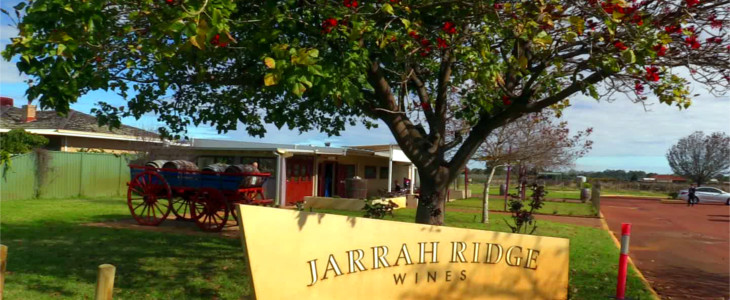Malcolm Turnbull’s Innovation Statement released on 7th December 2015 provides tax incentives for early stage investors. The tax incentives will encourage early stage investment in innovative start-ups and should boost growth by fostering new enterprises and promoting entrepreneurship. Further details are available at National Innovation & Science Agenda. The tax incentives apply from 1st July…
Read More »For businesses operating on an accruals basis, income that is subject to a client dispute may be deferred until the dispute is settled. The disputed income should be recorded in the financials as a liability, and only recorded as income when the dispute is finalized.
Read More »Both common law partnerships and written partnership agreements allow the partners of a partnership to vary the amount a partner draws as a ‘partner salary’. To be effective for tax purposes in an income year, the agreement must be entered into before the end of that income year. The partner’s salary should be based on…
Read More »The lifetime CGT cap for 2017/18 is $1,445,000. This is available for capital gains that utilise the small business 15-year exemption or the small business retirement exemption. But only $500,000 can be contributed in respect of the retirement exemption. The contributions are not tax deductible to the taxpayer and not accessible to the super…
Read More »Taxpayers operating a winery receive all the standard business deductions plus the additional primary production related deductions including: Immediate deduction for the cost of fencing and water facilities such as dams, tanks, bores, irrigation channels, pumps, water towers and windmills. Access to the Farm Management Deposit Scheme. Tax averaging. In addition, since 2004 wine makers…
Read More »This tax strategy allows an employee, who is also separately carrying on a business as a sole trader, to claim depreciation on the cost of an asset in their business that has been fully reimbursed by their employer. This strategy involves ‘double dipping’ as the employees business depreciation claim is unaffected by their employer…
Read More »The cost of providing in-house recreation facilities to employees is deductible if it is located on the employer’s premises. Examples of in-house recreational facilities are a tennis court, a swimming pool, gymnasium or games room provided on an employer’s premises for staff use on work days. The employer can claim a deduction for the expenses…
Read More »Small businesses can claim a tax deduction for depreciable assets they purchase for their business provided they cost less than $20,000 each. This measure started on 12th May 2015 and ceases on 30th June 2018. Examples include cars, furniture, art work, coffee machines, etc. With this strategy purchasing a $20,000 depreciable asset for the…
Read More »Childcare expenses are not tax deductible to employees as they are considered private in nature. If provided by an employer they are subject to FBT unless they are deemed exempt childcare benefits. Childcare benefits provided by an employer will be exempt from FBT under section 47(2) FBTAA where the employer has In-house childcare facilities. Salary…
Read More »A remote area housing benefit is an exempt benefit under section 58ZC of the Fringe Benefits Tax Assessment Act 1986. If a housing benefit is deemed a remote area housing benefit the employer can claim a tax deduction for the employees housing costs, and no FBT is payable. This converts an employee’s private housing…
Read More »"You’d be stupid not to try to cut your tax bill and those that don’t are stupid in business"
- Bono: U2














